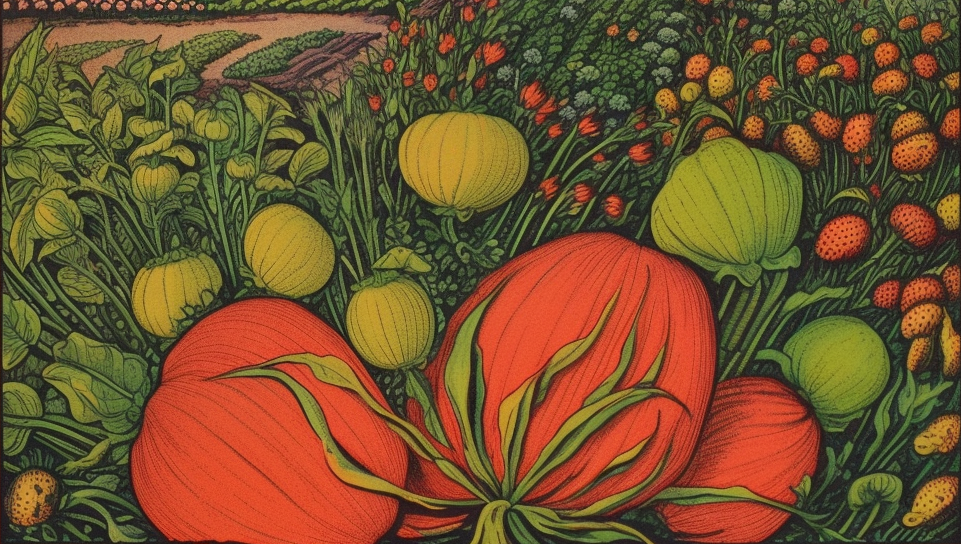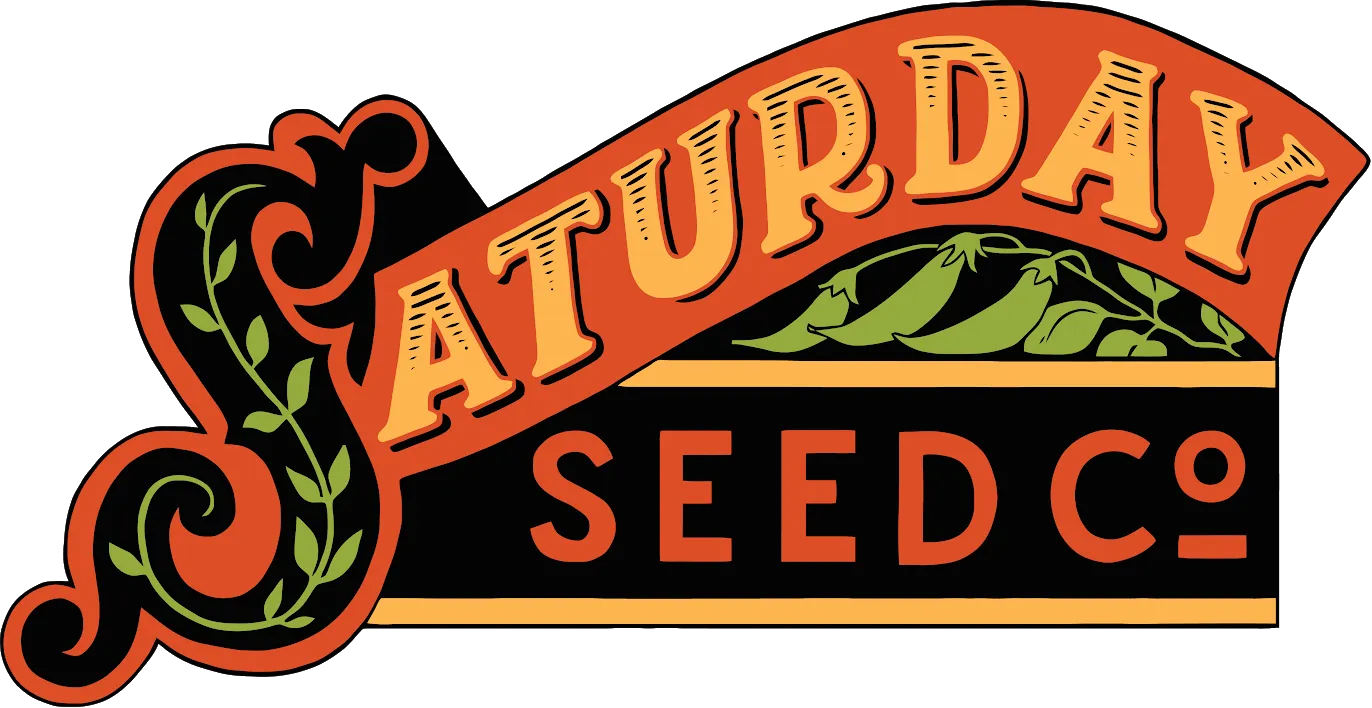French Breakfast Radish - Organic
26 days to maturity
300 seeds per packet approx.
Eye-catching deep pink roots with bright white tips and excellent eating quality.
A French classic with oblong, blunt-tipped shape and healthy radish spiciness. Try them raw with butter and salt, or butter poached with sourdough bread and fresh herbs. Harvest regularly; may become pithy if harvested late.
- Gourmet variety
- 1-2" long roots
Soil Nutrients and Requirements
Remove stones from loose, well drained soil with pH 5.8-6.8. Go easy on nitrogen, as excessive amounts can lead to big tops and little roots.
Seeding Depth
Planting depth: 1/4-1/2”
Plant Spacing
Plant spacing: for garden radishes 1”, for daikon 4-6”. Thin if necessary to ensure even sizing.
Row Spacing
For garden radishes 8-12”, for daikon 12-16”.
When to Sow
Radishes can be direct seeded as soon as soil can be worked and are best adapted to the cooler temperatures and shorter day-length of spring and fall. Optimal soil temperature for germination is 65-85°F. Seedlings emerge within a few days. Plant every 10 days for a continual supply. Winter radishes should be planted to mature around fall frost date.
Harvest
Harvest radishes on time as they do not hold well in the field, especially in warm weather when roots tend to become pithy and pungent.
Storage
Topped radishes will keep good quality for 3-4 weeks if store at near freezing temperatures with high humidity in semi-permeable containers.
Pest Info
- Flea beetles can present a problem, particularly for young plants, by chewing small holes in the leaves. Healthy plants usually outgrow the damage to produce a fine crop. Where undamaged leaves are desired or flea beetles are especially problematic, use floating row cover (see Supplies) from time of planting until two weeks after leaves emerge.
- Floating row cover also helps prevent the cabbage root maggot, which feeds on the plant roots.
Disease Info
- Like other crucifers, radishes can be subject to fungal diseases in wet seasons, such as Alternaria Leaf Spot and White Mold (sclerotinia).
- Clubroot is a soil borne disease which stunts the roots of the plants so that they are not able to develop normally. Rotate crops and add lime to raise soil pH to 7.2.
Get the latest news and discounts delivered right to your inbox.


